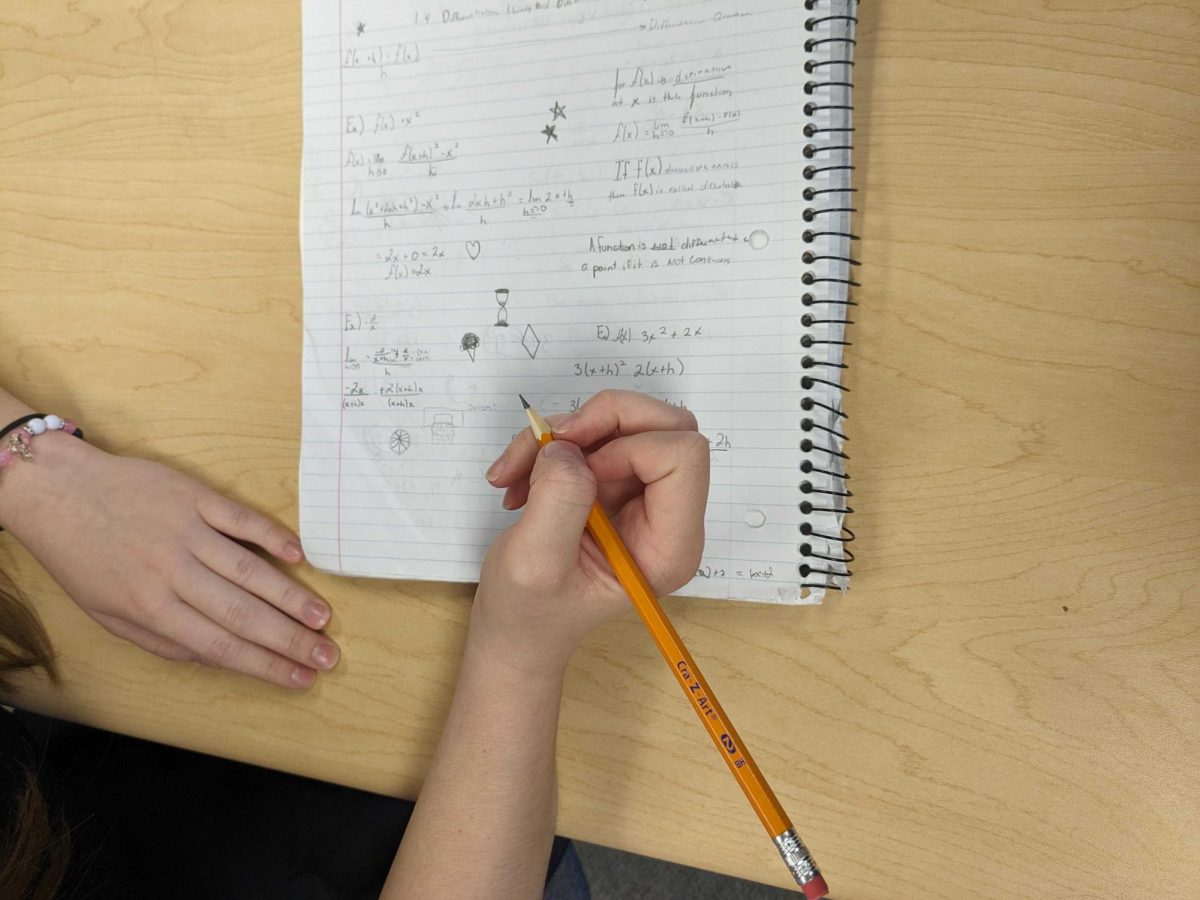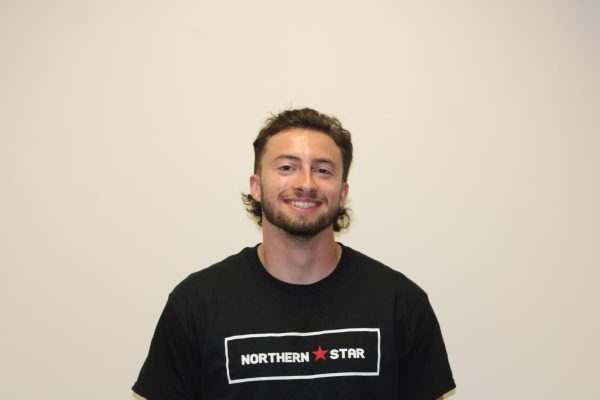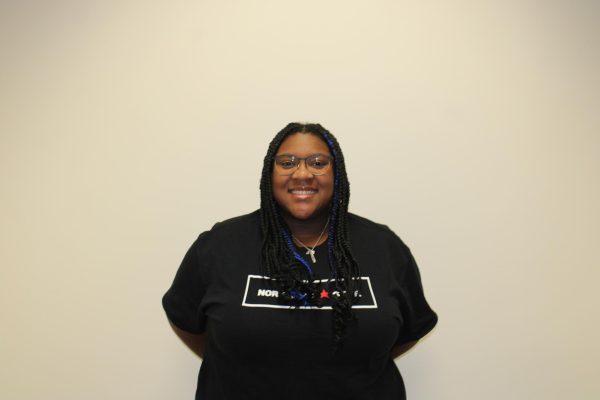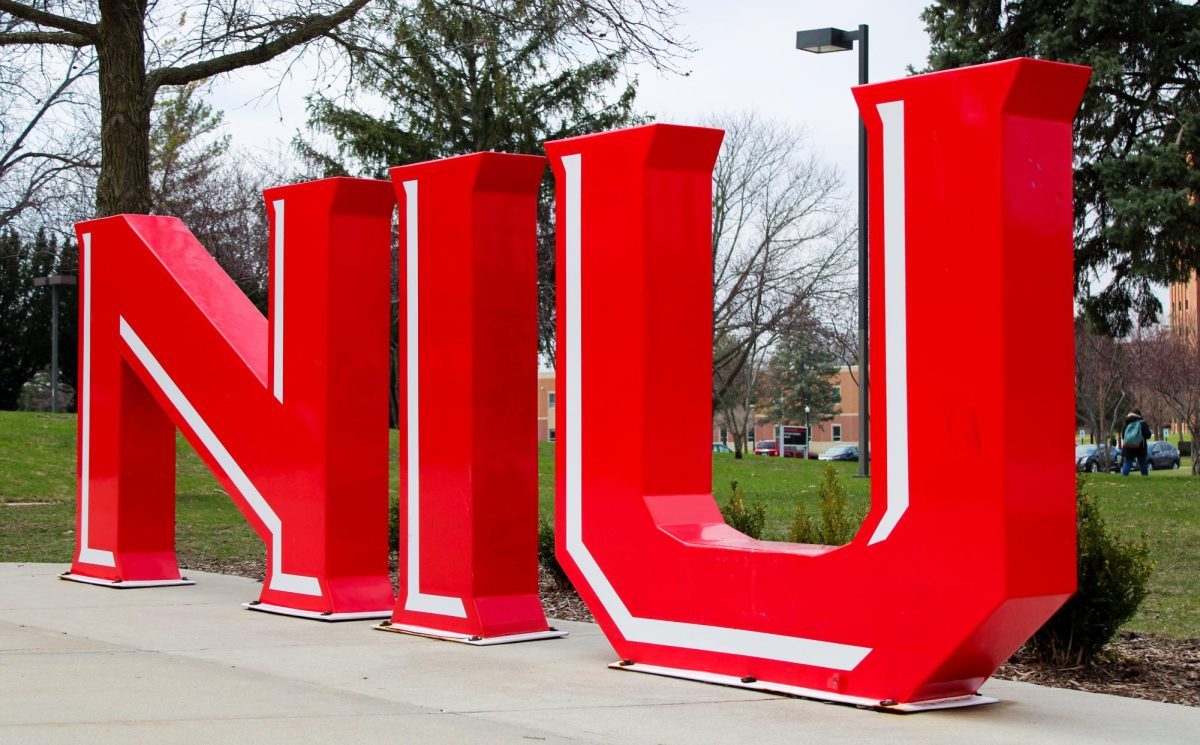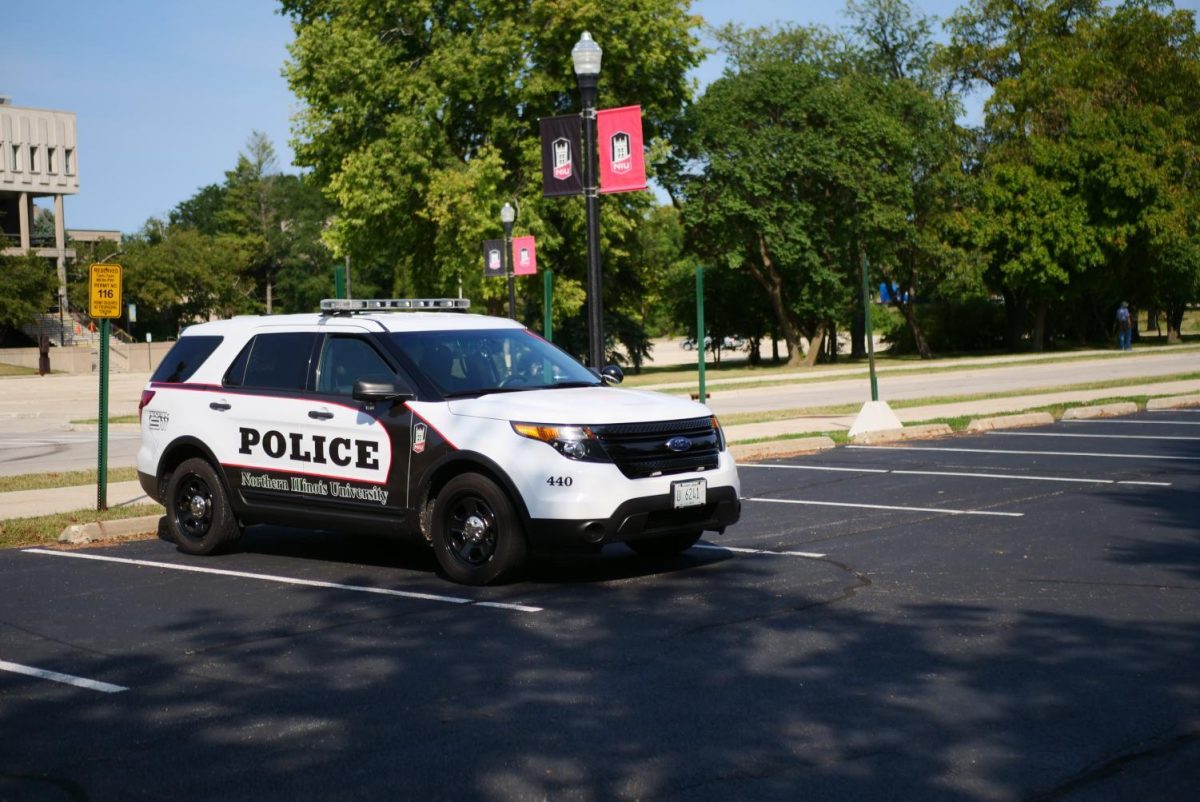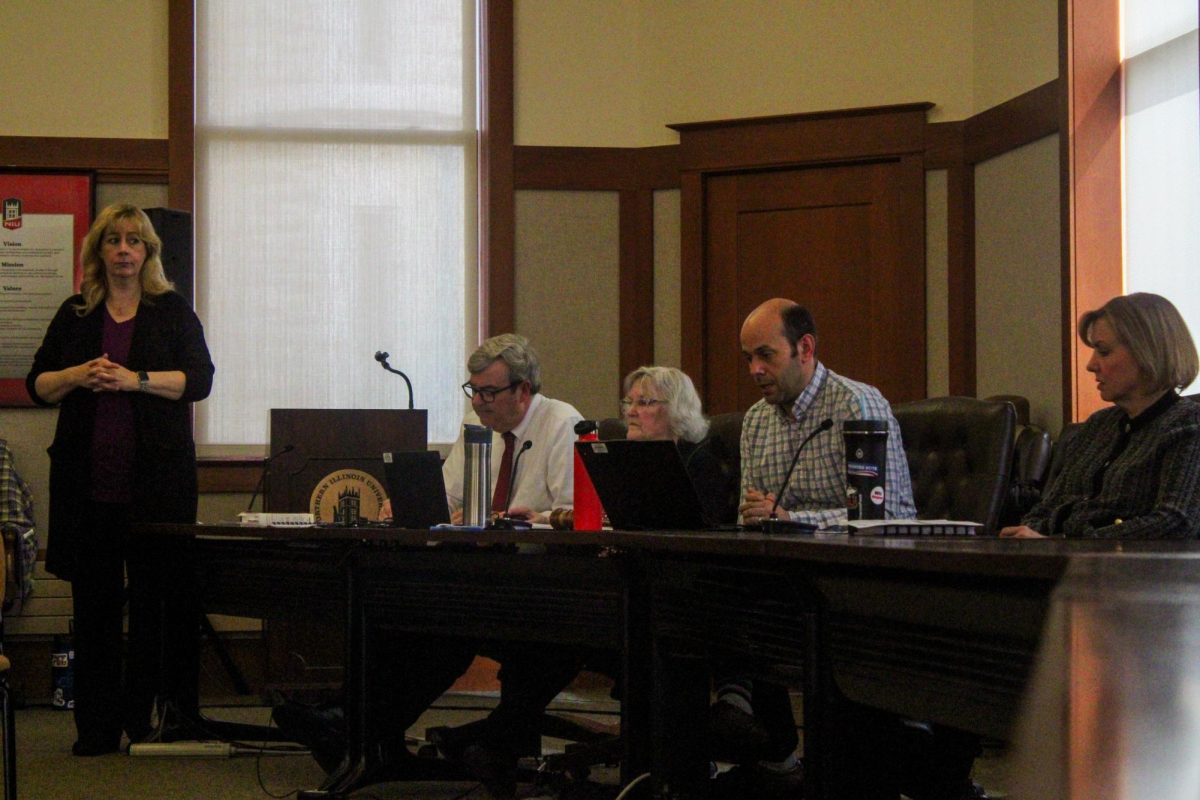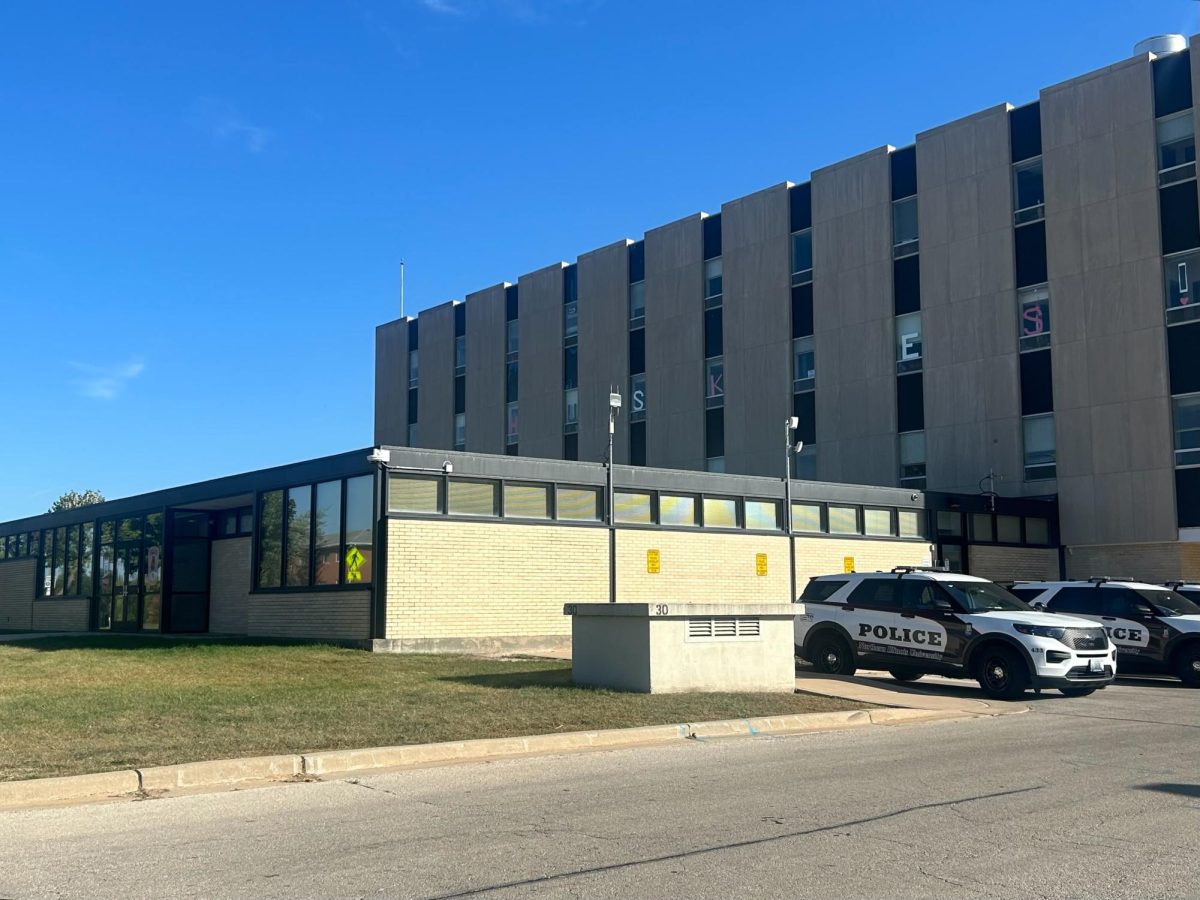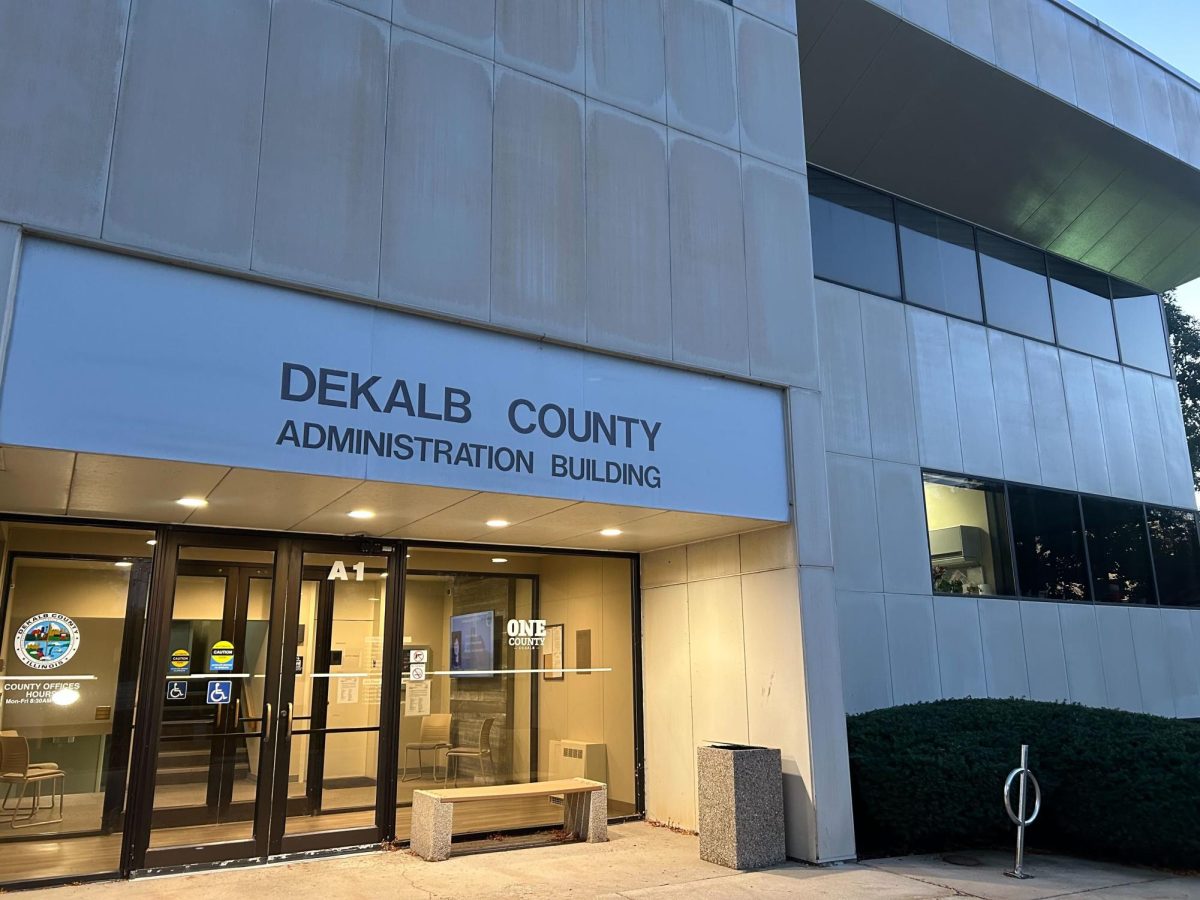DeKALB – Feeling “like a potato” may seem like an odd way to describe yourself, but that description is a common attitude that those with ADHD may have.
“Potato is, like, the best way to describe it,” said Josie Hannon-Geller, a senior communications major.
Hannon-Geller said that her ADHD coupled with depression makes her feel “gloopy.” She’d rather hang out with her dog all day instead of getting her work done.
Attention deficit/hyperactivity disorder is one of the most common neurodevelopmental disorders. It causes trouble paying attention, controlling impulsive behavior or being overly active, according to the Center for Disease Control and Prevention.
Although most people are diagnosed with ADHD during their childhood, which gives them time to adjust to the lifestyle change, the disorder can still cause difficulties in day-to-day activities, according to the Center for Disease Control and Prevention.
Michelle Demaray, a psychology professor, said that people with ADHD will struggle more with executive tasks.
“Things like planning and organizing your day, and starting your homework – maybe you have a big project that’s not due for two weeks, and they might have a harder time starting at two weeks early and wait till the last minute,” Demaray said. “They might struggle more, like missing a class or not getting their homework in and not keeping track of all those things that they need to do.”
Demaray said she has worked with college students who were never diagnosed as children, but after noticing symptoms they decided to get a doctor’s opinion.
“They start to realize, ‘Gee, you know, maybe I have some of these symptoms,’” Demaray said. “‘I’m sort of struggling with attending or focusing,’ and so they might self-refer for an evaluation.”
Hannon-Geller was not diagnosed like most people during their childhood; instead, she was diagnosed during her sophomore year of college.
“I just couldn’t focus,” Hannon-Geller said. “I was literally in class, and I was like, ‘Oh, my goodness, I want to do anything else but listen to the teacher.’ I would doodle to the point where I would be planning things to do in class that was not learning.”
Demaray said symptoms like Hannon-Geller’s are common amongst those who may have ADHD, but everyone exhibits symptoms of ADHD. It’s more about the variety and intensity of the symptoms.
“You can have ADHD, predominantly inattentive, if you only have inattentive type symptoms; or, you can have ADHD, predominantly hyperactive-impulsive, if you only have those symptoms; or, you can have ADHD combined, which means you have both types of symptoms,” Demaray said.
To deal with ADHD, Demaray said there are two main methods of intervention, including using medication and learning behavioral strategies, but doing both provides the most benefit.
Ralph Helm, a junior computer science major who was recently diagnosed with ADHD in 2022, said he takes Vyvanse, a prescription medication for ADHD, but also works with a therapist.
Helm’s therapist noticed Helm’s mind tends to dive into “mental rabbit holes” or deep states of thinking.
“Having that outside observer who’s kind of trained to recognize them (tendencies) and recommend, like, ‘Hey, why are you thinking that way?’” Helm said. “And just kind of subtle shifts and jumping off points, right? So yeah, therapy and medication. Yeah, super helpful.”
Helm said people who have recently been diagnosed with ADHD should not view it as something that defines them.
“It didn’t change anything about me. I’m still the same person I was the day before,” Helm said.
If a student thinks they may have ADHD, they can schedule an appointment at the Psychological Services Center’s website.


